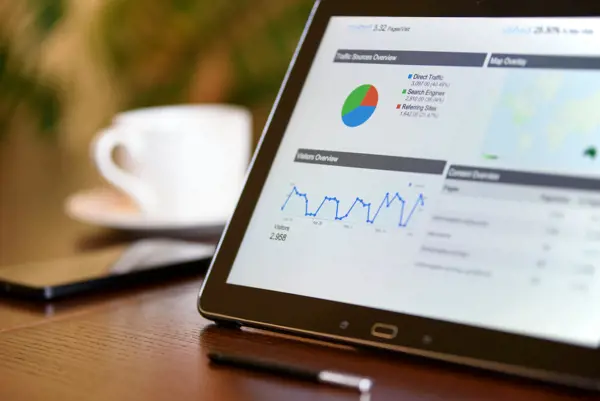Mandatory e-invoicing in Poland postponed until 2025
The Polish government announced on January 19, 2024 that the intended mandatory e-invoicing, originally from July 1, 2024, has been postponed until 2025. The Polish government will make e-invoicing mandatory for invoicing between companies (business to business, or B2B). ). Poland's consideration is mainly to close the 'tax gap'. Such a national tax gap is the difference between the VAT actually paid and the expected VAT amount.
How does mandatory e-invoicing work in Poland?
The electronic invoicing process in Poland follows the so-called “Clearance model”. This means that the government must authorize every transaction to be valid. The government actually sits between supplier and buyer; the supplier first sends the invoice to the government, the government validates the invoice. If the invoice is considered valid, an invoice number is assigned and a time stamp is placed. The date of validation then serves as the invoice date.
Introduction of a central platform in Poland
A central platform is being introduced in Poland, the National Electronic Invoicing System - KSeF. This government platform must be used to send and receive electronic invoices. Polish companies must send the electronic invoices here, after creating the invoices in their existing system. Users will then receive confirmations when a number has been assigned, or when an invoice has been rejected.
The invoices can be consulted (or downloaded) on the platform as an XML file, which is the e-invoice format that can be analyzed and extracted by software. The portal is therefore both a conduit and a storage place for invoices.
What is the relationship between electronic invoices and e-invoicing networks?
An e-invoice (and other related documents, such as an order or a credit invoice) is characterized, among other things, by being sent via an e-invoicing network. The exchange of e-invoices takes place on secure networks. Because the sender and recipient are registered on such a network, there is no doubt about the origin of the e-invoice. The best-known open e-invoicing network is Peppol.
What is Peppol?
The best-known open e-invoicing network is Peppol. Peppol is a worldwide standard. The Dutch (central) Government also only accepts e-invoices, preferably via the Peppol network. Peppol focuses on interoperability and uniform invoicing standards at European level, which are monitored by governments.
There are also other (closed) e-invoicing networks, and exchange is possible between the different networks. Like Peppol, these closed e-invoicing networks focus on facilitating electronic invoicing, and also have different functions, goals and approaches.
The different e-invoicing networks have different formats and agreements, which the user does not have to think about. The easiest comparison is with mobile telephony: if you take out a telephone subscription, you do not have to wonder whether the person you want to reach may be with a different provider, with different technical standards. The providers regulate the interchangeability of technology with each other.
How does KSeF compare to Peppol?
Peppol is (also) the channel in Poland to send invoices to the government (B2G). For B2B transactions, the Polish government makes invoicing via KSeF mandatory, but leaves entrepreneurs free to send the same invoice via other channels. Think of Peppol, but also via e-mail. In Poland, an invoice must be delivered via the channel specified by the recipient. This also applies if Peppol is preferred.
Who is obliged to send invoices to KSeF?
This obligation applies to companies registered with the Polish tax authorities.
For which Dutch customers is the introduction of KSeF in Poland important?
The obligation applies to companies that have to pay taxes in Poland. Dutch companies do not have to adjust their processes. This situation is in line with the common VAT rule that VAT is paid in the country of the supplier. Dutch companies must adapt their processes if they have Polish branches and/or subsidiaries - this in turn makes these branches/subsidiaries companies that have to pay taxes in Poland.
eConnect will take care of the transformation to the required FA(2) format
An e-invoice is the abbreviation of electronic invoice. In the case of KSeF, this is an “XML file” that conforms to the structure of the Polish then plan an introduction.
